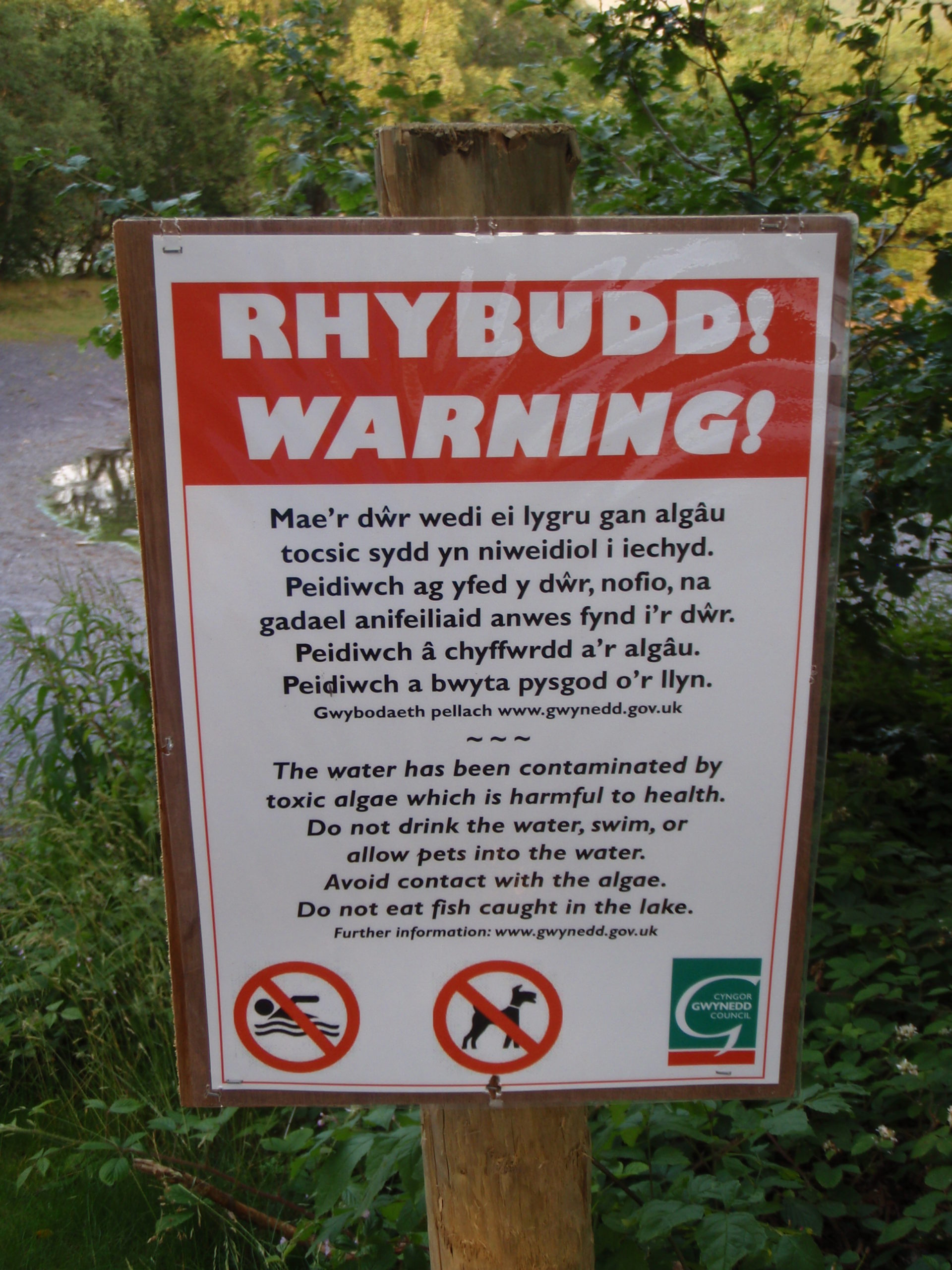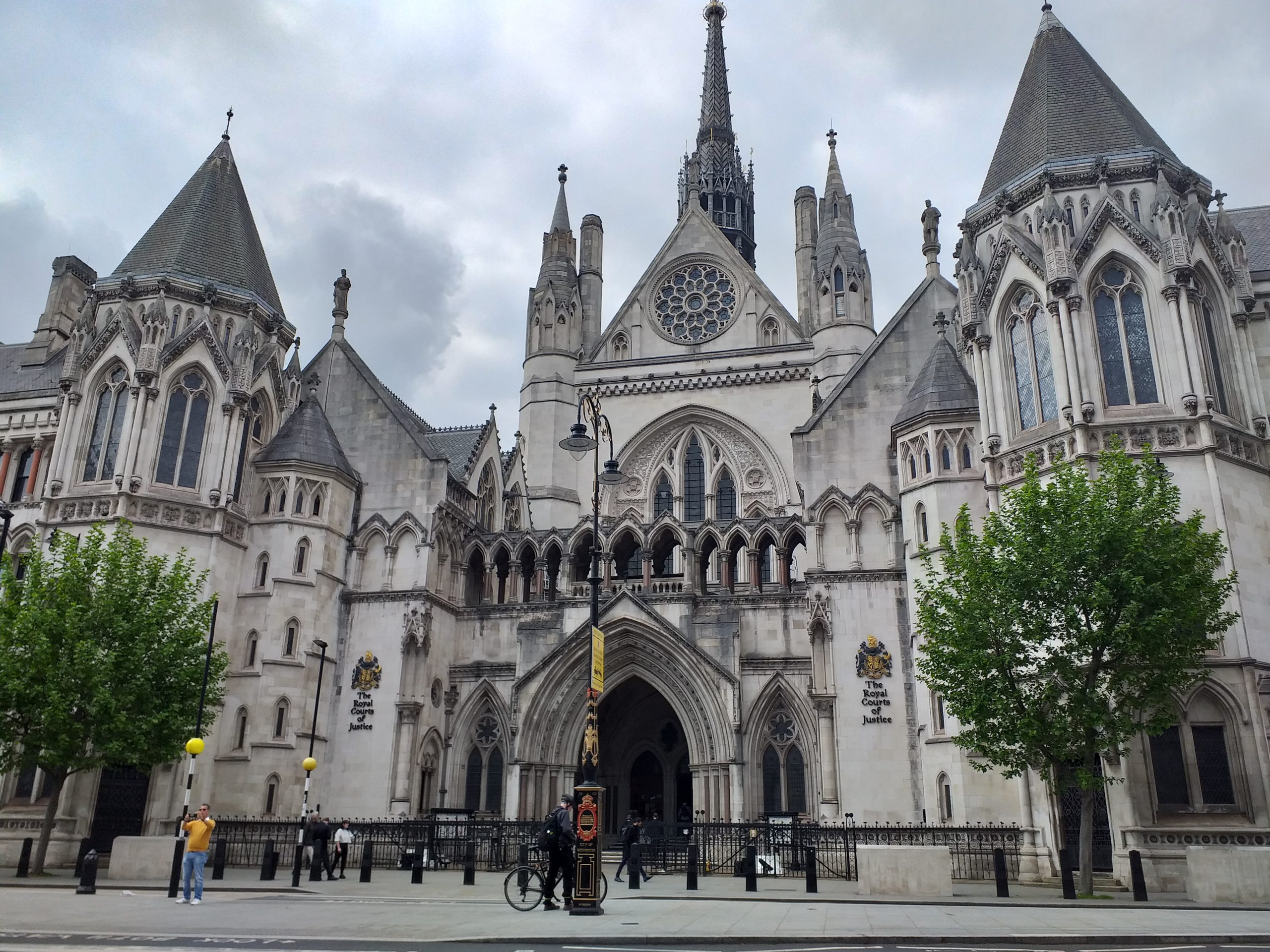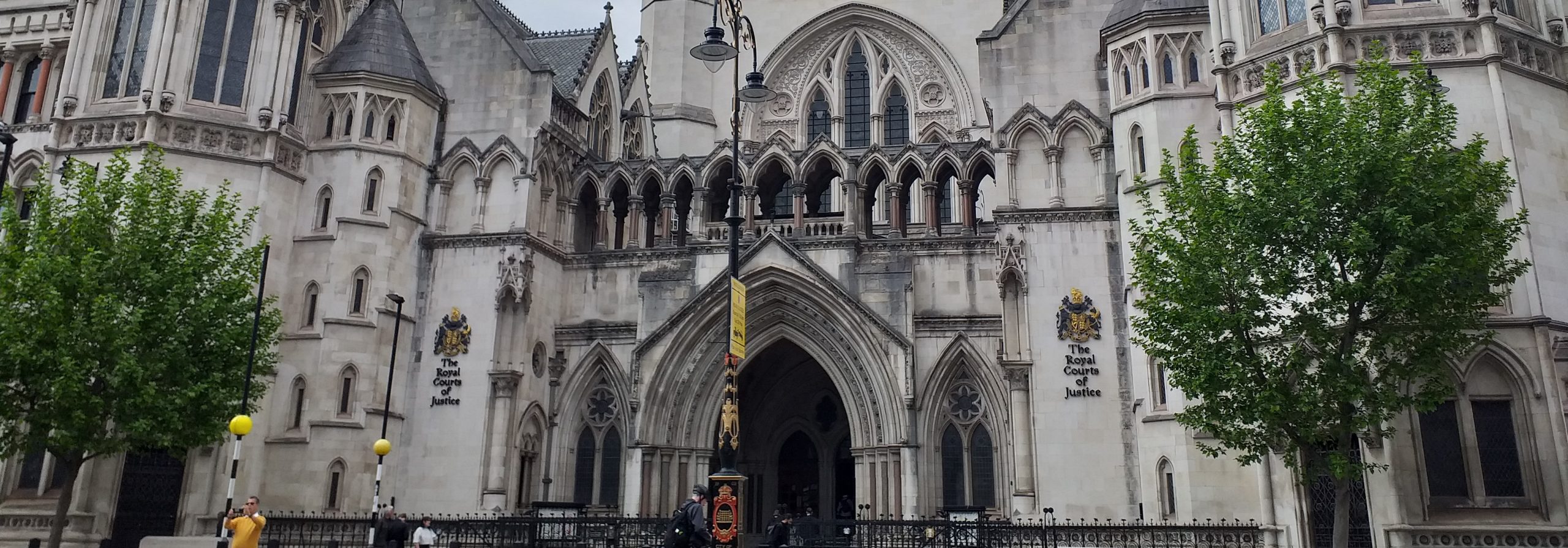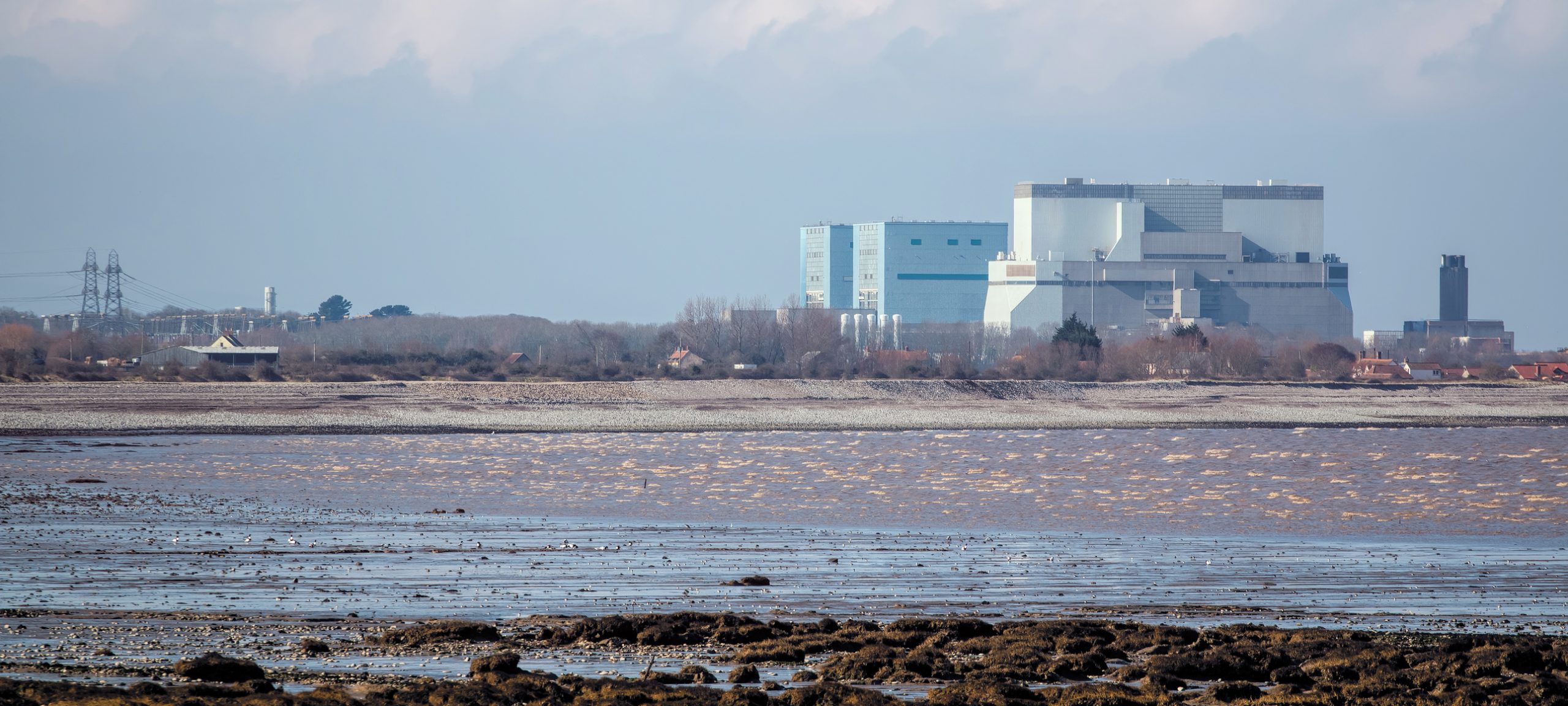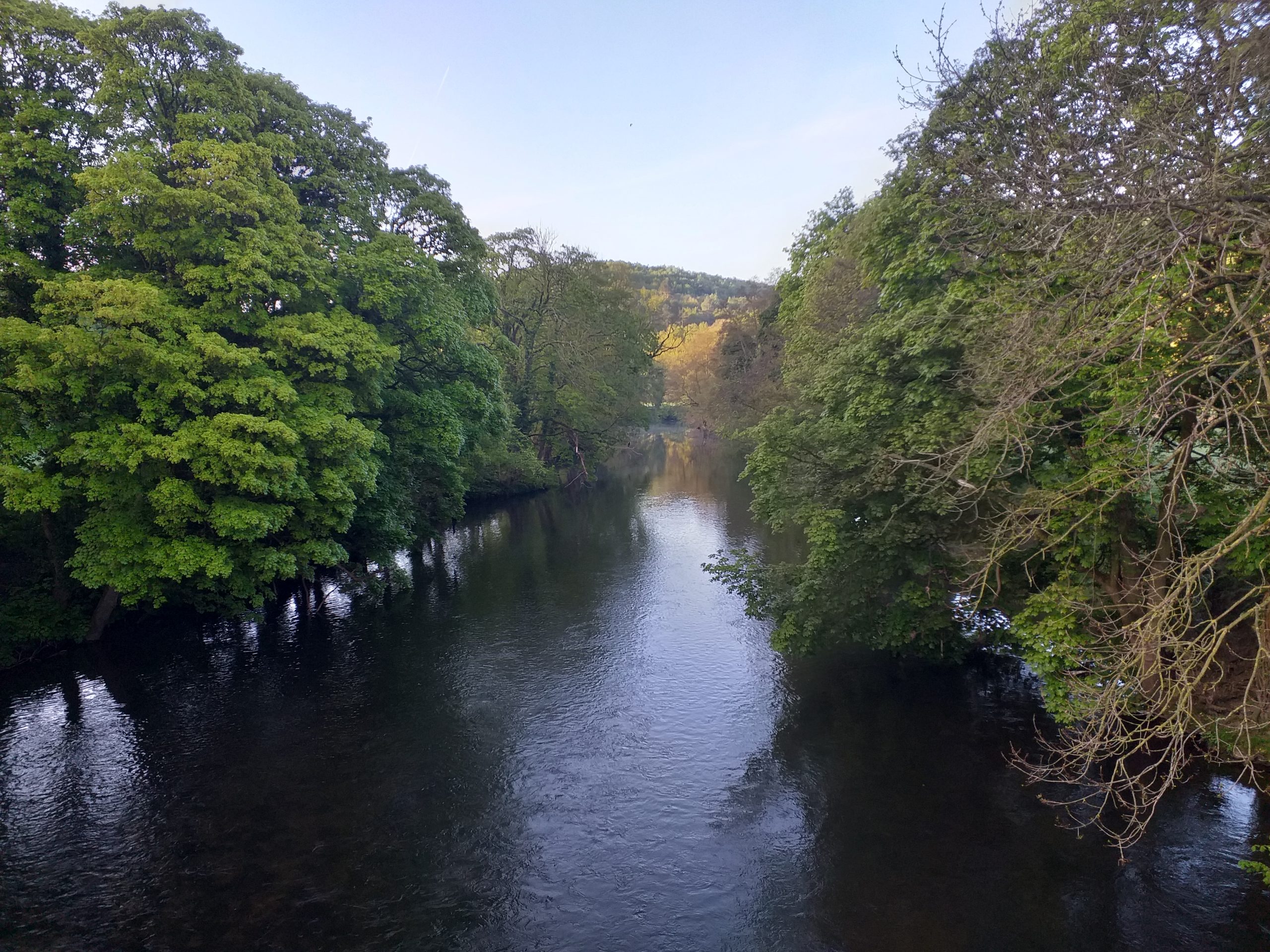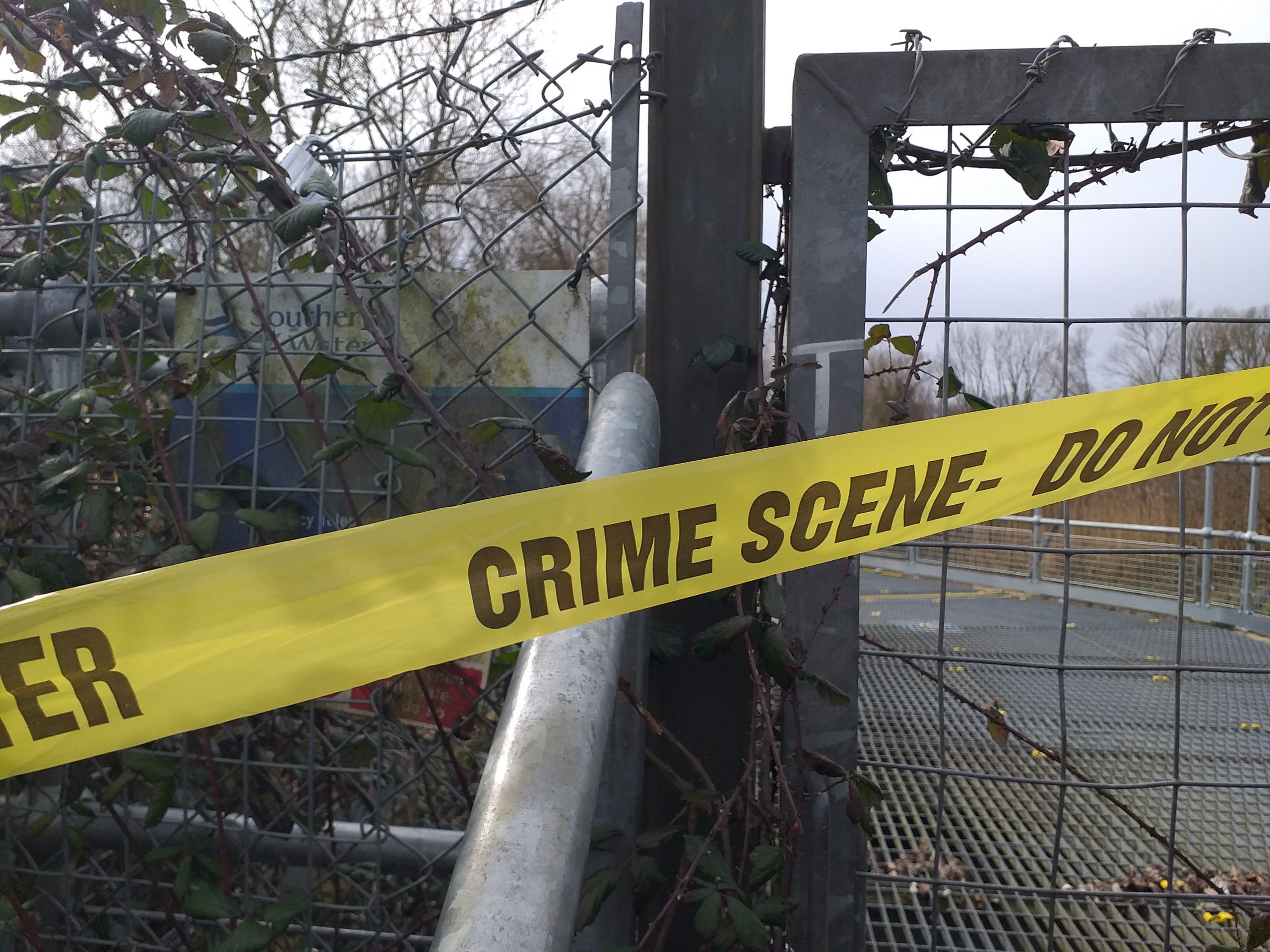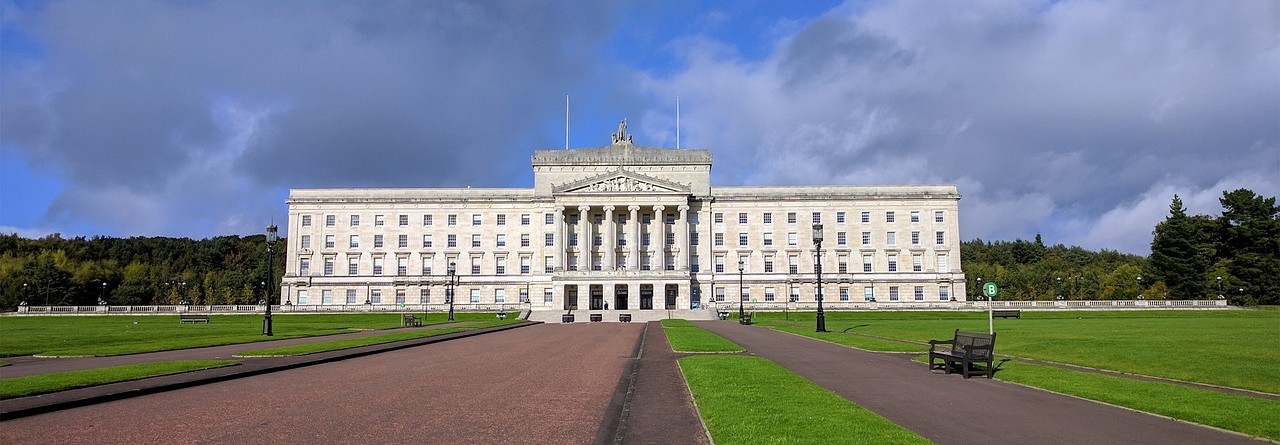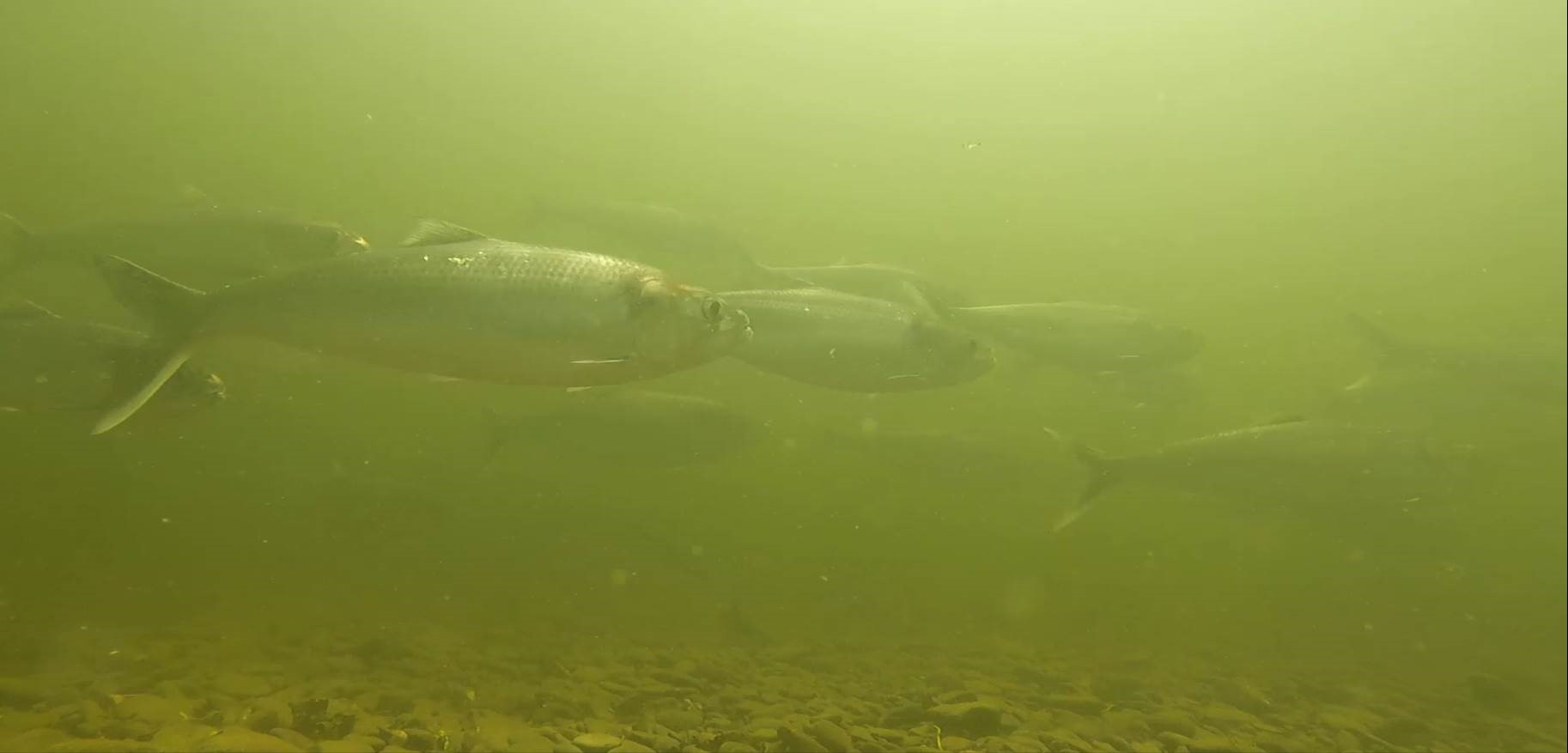Llyn Padarn
The Polluter Pays Principle: SAving Arctic charr in Llyn Padarn
Fish Legal campaigned for over two decades on behalf of its member club, Seiont Gwyrfai & Llyfni Anglers Society, to protect the rare Arctic charr population of Llyn Padarn (a Site of Special Scientific Interest) from nutrient enrichment caused by raw sewage and treated sewage effluent from the former mining town and now tourist resort of Llanberis.
Despite gradual improvements in sewage treatment and tighter regulation since the 1990s, the once abundant charr population had continued to decline alarmingly and were in danger of extinction.
In February 2012 Fish Legal, formally notified the environmental regulator Natural Resources Wales (NRW) of damage to Llyn Padarn SSSI on behalf of the Society, under provisions of the Environmental Damage Regulations 2009, (brought in to implement the EC Environmental Liability Directive 2004). NRW carried out a 17 month investigation and then served a notification of liability on Dwr Cymru/Welsh Water, the sewerage undertaker for the Llanberis treatment works, which was supposedly to set out the full extent of the damage they had caused and Dwr Cymru/Welsh Water’s (DC/WW) resulting liability for remediating that damage.
Fish Legal asked for the lawfulness of that first liability notice and decision to be judicially reviewed because, among other matters, the Government had implemented the regulations later than required by the EU Directive, and NRW therefore had not considered all the damage they needed to (using the late implementation of the law as a reason for not doing so). The High Court agreed with Fish Legal and ordered NRW to re-do its investigation and decision.
NRW set about further investigating the damage to the lake. They concluded that DC/WW waste water treatment works at Llanberis was the source of the elevated nutrient input into the lake in 2009 which caused the algal bloom and issued a second liability notice as ordered by the Court.
Fish Legal challenged the lawfulness of this second liability notice on the basis that NRW had taken a restricted understanding of what amounted to “environmental damage” in accordance with the domestic legislation. Although this second judicial review, which challenged the extent of the environmental damage (which had been limited to one incidence of causing a toxic algal bloom in 2009) was ultimately unsuccessful, DC/WW was nevertheless required to submit ‘compensation proposals’ to NRW as a result of the notification.
The purpose of the Environmental Liability Directive 2004 is set out in Article 1: “to establish a framework of environmental liability based on the ‘polluter pays’ principle, to prevent and remedy environmental damage.” It aims to ensure that the burden of paying for the prevention and remediation of environmental damage is borne by the polluter, not the taxpayer.
Liability notices in this case set out what damage DC/WW was liable for and what remediation they were required to undertake. Fish Legal wanted to make sure that DC/WW paid for the environmental damage they have caused, or were continuing to cause, in accordance with the ‘polluter pays’ principle.
Fish Legal relied on the right of third parties to notify the regulator about claimed ‘environmental damage’ under the Environmental Liability Directive to make the case for investment to address ongoing damage. Welsh Water described, in a recent newsletter (attached) that they have invested £6.5 million to improve sewage treatment and storage at the Llanberis Waste Water Treatment Works in order to prevent further pollution and deterioration in water quality in Llyn Padarn.
This case demonstrates how the ‘polluter pays’ principle works in practice to ensure that those responsible for pollution pay for its consequences.
